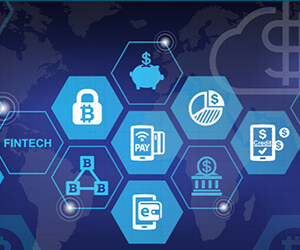
Future of Blockchain Technology and its applications
The blockchain technology is the unchangeable, encrypted, decentralized ledger. It holds the potential of making every centralized process, activity, and organization fully autonomous. Consequently eliminating intermediaries, authorities, and churn. Thus, streamlining every business, governance and non-profit activity. While all this sounds amazing it is yet a far-off dream and we still are struggling to make real-world moves. Amidst all the developments revolving around blockchain, there is a lot of confusion about the future of this tech.
1. Eliminating Trusted Third Parties :

The blockchain technology fundamentally affects a wide variety of processes and technologies. At its base, the blockchain is a system for eliminating the need for trust in transactions. This might sound like a simple proposition, but many of the largest institutions in the world exist today to operate as trusted third parties, for example, SWIFT and the Depository Trust Clearing Company. Corporate opportunities abound for companies that can create applied blockchain technologies targeting specific transactions, for example, the mortgage industry.
2. Blockchain Will Protect Self-Driving Cars :

With the blockchain technology the automakers can now potentially guarantee full security against cyber-attacks in their driverless cars. This decentralized method of distribution would make every driverless car on the road essentially untouchable. Now that blockchain is here, it’s hard to imagine the future of driverless cars that do not rely on it.
3. Blockchain for Digital Advertising :

Digital advertising faces challenges such as domain fraud, bot traffic, lack of transparency and lengthy payment models. The issue is that incentives are not aligned, causing both advertisers and publishers to feel they are on the losing side of the deal. The blockchain is the solution to bring transparency to the supply chain because it inherently brings trust to any environment.
Hence, by understanding the concept and ideology of the blockchain technology, companies can now utilise it to bring order and centralise their systems.


























Leave a Reply